Search Blog Posts by Blog Topic
An In-Depth Guide About Homeowners Insurance
April 18, 2023
Homeowners insurance offers financial protection to deal with different disasters or accidents that involve your home. Once you get homeowners insurance, your insurance provider is typically responsible for covering losses to your home, your belongings in the home, as well as any other structure on the property. If you experience a sudden or accidental home-related loss, you stand to receive a payment to cover the same up to a predetermined coverage limit, minus any applicable deductible. However, there’s more to homeowners insurance than that and understanding the intricacies might help you choose the right alternative.
Who Needs Homeowners Insurance?
Statistics collated by ValuePenguin show that more than 85% of the country’s homeowners have homeowners insurance. There is no legal requirement to get homeowners insurance. However, if you plan to get a mortgage to buy a home, there is a good chance your lender will require you to get homeowners insurance.
Mortgage providers usually require borrowers to get homeowners insurance because it safeguards their interests by providing the required money to repair or rebuild a home that’s damaged or destroyed by a tornado, lightning, fire, or any other force.
How Much is Homeowners Insurance?
According to insurance.com, the average cost of homeowners insurance in the U.S. stands at $2,777 per year. Not surprisingly, premiums for homeowners insurance have increased consistently over the last two decades. According to data released by Statista, the country’s average annual homeowners insurance premium stood at $536 in 2001, and it increased to $1,272 in 2019.
How much you need to pay toward homeowners insurance costs depends on where you live because pricing varies from one state to another.
Looking to Purchase a Home on Long IslandContact Us
Insurance.com indicates that Hawaii offers the most affordable homeowners insurance across the U.S., with an average cost of $582 per year. California is second on the list, followed by Washington D.C., Vermont, and New Hampshire. Oklahoma, with an average annual premium of $5,317, holds the distinction of offering the most expensive homeowners insurance in the country.Insurance.com also points out that the average cost of homeowners insurance in New York stands at $1,388 per year.
What Does Homeowners Insurance Cover?
It is common for most standard home insurance policies to provide coverage for the actual structure, personal belongings in the home, liability, and additional living expenses. The coverage typically includes your furniture, electrical appliances, electronic gadgets, heating/cooling systems, jewelry, clothing, and other belongings.
Liability coverage may come in handy if someone who does not reside in your home, but is injured on your property and needs money to cover medical expenses. If you are temporarily displaced from your home owing to a covered loss, additional living expenses coverage helps cover the hotel and food costs you incur during this period.
Coverage for additional structures on the property such as garages, sheds, barns, patios, swings, fireplaces, and fences is usually part of the parcel. However, if you have a pool or any other type of high-risk recreational feature, you might need added liability coverage.

What Does Homeowners Insurance Not Cover?
Homeowners insurance companies refrain from covering damages caused by earth movement, be it in the form of an earthquake, a sinkhole, a landslide, or subsidence. If you live in a region that is prone to experiencing natural disasters, you may want to look at specific types of homeowners insurance. These may come in the form of catastrophe insurance, flood insurance, or windstorm insurance.
If you live in an area where your home faces a risk of hurricanes, it is ideal that you have adequate coverage to safeguard your interests. Since a regular homeowners insurance policy does not provide coverage for hurricane damage, getting a hurricane insurance policy might be the order of the day. A hurricane insurance policy is basically a combination of home, flood, and windstorm insurance.
While homeowners insurance typically covers flooding caused by interior problems, this is not the case when it comes to flooding caused by external factors. If you live in a flood-prone area, there’s a good chance your mortgage provider will ask you to get a separate flood insurance policy.
Types of Homeowners Insurance
There are eight different types of homeowners insurance to choose from. The one you should select depends on the type of house you wish to insure and the coverage you seek. Knowing how one differs from the other may help you make a suitable decision.
HO–1
If you’re looking for the cheapest homeowners insurance, HO-1 policies deserve your attention. This is homeowners insurance in its most basic form and offers coverage for your home’s structure, attached structures, and basic features. Since it does not provide coverage for liability, personal property, third-party medical expenses, and additional living expenses, it is not the most popular option.
Looking to Purchase a Home on Long IslandContact Us
As a named perils policy, an HO-1 policy only provides coverage to your home in specific circumstances. These include:
- Fire/smoke
- Theft and vandalism
- Lightning, hail, and windstorms
- Volcanic eruptions
- Explosions
- Damage from vehicles or aircraft
- Civil disobedience/riots
HO–2
Much like an HO-1 homeowners insurance policy, an HO-2 policy also provides coverage only for named perils. However, unlike an HO-1 policy, an HO-2 policy provides coverage for your home as well as personal belongings. Commonly referred to as “broad form” coverage, an HO-2 policy might include liability coverage and additional living expenses coverage. This type of policy covers the same perils as HO-1 policies along with a few added ones. These include:
- Accidental discharge of water/steam from an appliance or a sprinkler, heating, air conditioning, or plumbing system
- Freezing of an appliance or a sprinkler, heating, air conditioning, or plumbing system
- Cracking, burning, bulging, or tearing apart of a sprinkler, heating, air conditioning, or plumbing system
- Ice-, snow-, or sleet-inflicted damage
- Falling objects
- Accidental and sudden damage owing to an artificially generated electrical current
HO-3
The most commonly sought-after homeowners insurance policies come from this segment. An HO-3 policy provides coverage to your home’s structure and personal belongings as well as liability in case of injury or damage. In addition, a typical HO-3 policy also covers medical expenses and additional living expenses. Some homeowners insurance companies let you choose from add-ons such as smart home kits and virtual maintenance services that you may bundle with your HO-3 policy.
Often referred to as a “special form” policy, insurance companies offer it to owners of standalone homes and not to those who live in duplexes or condominiums. An HO-3 policy is an open perils policy, wherein it offers protection from all types of disasters unless it lists any exceptions. However, personal possessions remain subject to the named perils listed in your policy.
The perils typically excluded from HO-3 policies include:
- Wear and tear
- Hurricanes, earthquakes, and floods
- Bird-, rodent-, and/or vermin-infestation
- Poor maintenance
- Neglect
- Mold and fungus
- Damage caused by pets
- Actions carried out by the government
- Intentional actions
- Enforcement of ordinances or building codes
- Vandalism at vacant homes
- Problems with the foundation
- War
- Nuclear hazards
The named perils that provide coverage to personal property through an HO-3 policy are:
- Fire/smoke
- Snow- or ice-inflicted damage
- Plumbing- or HVAC-related water damage
- Damage owing to electrical current
- Freezing of pipes
- Theft and vandalism
- Falling objects
- Lightning, hail, and windstorms
- Volcanic eruptions
- Explosions
- Damage from vehicles or aircraft
- Civil disobedience/riots
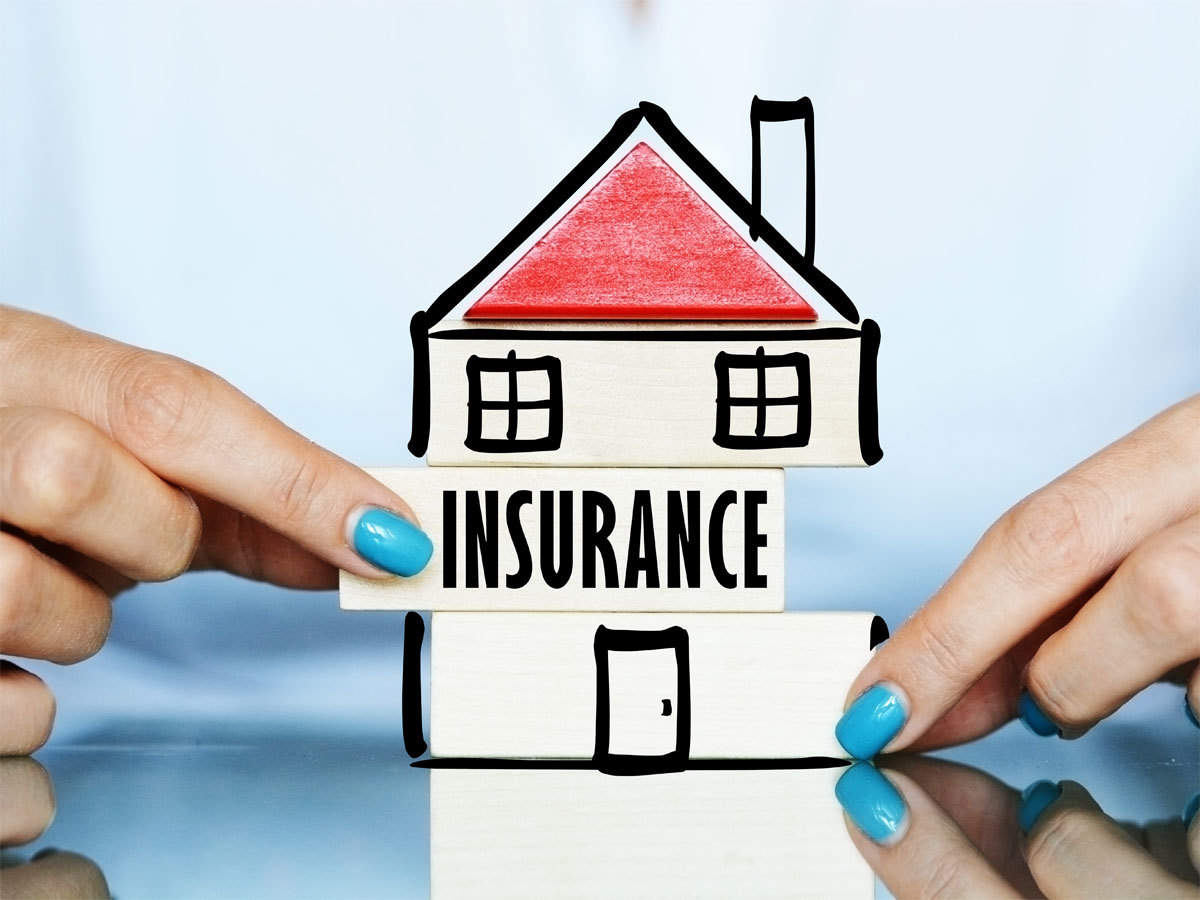
HO-4
HO-4 policies are not for homeowners but for renters. This renters insurance policy provides protection if your personal possessions get damaged under specific circumstances. In addition, most HO-4 policies come with liability insurance as well as additional living expenses coverage. Since this insurance is not for homeowners, it does not provide coverage for a home’s structure. The perils that an HO-4 policy covers include ones that an HO-3 policy covers for damage to personal property.
HO-5
If you’re looking for the best homeowners insurance policy, consider taking a look at what HO-5 policies have to offer. Often referred to as a “comprehensive form” policy, it provides coverage to your home as well as personal belongings on an open perils basis. It also comes with liability insurance, additional living expenses coverage, and medical expenses coverage.
When compared to HO-3 policies, HO-5 policies tend to offer higher limits for valuables such as jewelry and antiquities. Not everyone qualifies for an HO-5 policy because insurance companies tend to follow more stringent guidelines while issuing these and usually offer them to homeowners with new houses that face low risks of loss. If your home is in an area that has high crime rates or is prone to wildfires, getting an HO-5 policy might not be possible.
Even though an HO-5 policy is an open perils policy, certain exclusions still apply. Some of the common ones include:
- Earth movement
- Bird-, rodent-, and/or vermin-infestation
- Law or ordinance
- Government action
- Mold
- Intentional actions
- Vandalism at homes vacant for over 60 days
- Theft in an under-construction home
- Problems with a home’s foundation
- Water damage from sewer backup pr floods
- Mechanical breakdown
- Wear and tear
- Neglect
- Pets owned by the insured
- War
- Nuclear hazards
HO-6
Insurance companies provide HO-6 policies exclusively to condo owners and homeowners who live in co-op units. In this case, you are, in all likelihood, responsible for any damage to your unit. However, the condominium or homeowners association (HOA) is responsible for insuring the property’s common areas, which you help pay for in the form of HOA or condo fees. An HO-6 policy provides unit/dwelling coverage, personal property coverage, medical payments/personal liability, loss of use coverage, and additional living expenses coverage.
Looking to Purchase a Home on Long IslandContact Us
Like other types of homeowners’ insurance, HO-6 policies also come with a list of exclusions. The common ones include:
- Law or ordinance
- Government action
- Earth movement
- Intentional damage or injuries
- Water damage from sewer backup pr floods
- Wear and tear
- Neglect
- War
- Nuclear hazards
HO-7
If you have a mobile or manufactured home such as a modular home, a trailer, a recreational vehicle (RV), or a sectional home, you may insure the same by getting an HO-7 policy. While it offers an open perils system for the property, a named perils system applies to the personal property inside the unit. An HO-7 policy offers coverage to the primary unit as well as detached structures such as garages and fencing. If a covered loss damages or destroys your property, your insurer pays the claim based on the unit’s replacement cost and not its market value.
The named perils for coverage of personal property in an HO-7 policy include:
- Fire/smoke
- Theft and vandalism
- Damage owing to electrical current
- Falling objects
- Plumbing- or HVAC-related water damage
- Snow- or ice-inflicted damage
- Freezing of pipes
- Explosions
- Civil disobedience/riots
- Lightning, hail, and windstorms
- Volcanic eruptions
- Damage from vehicles or aircraft
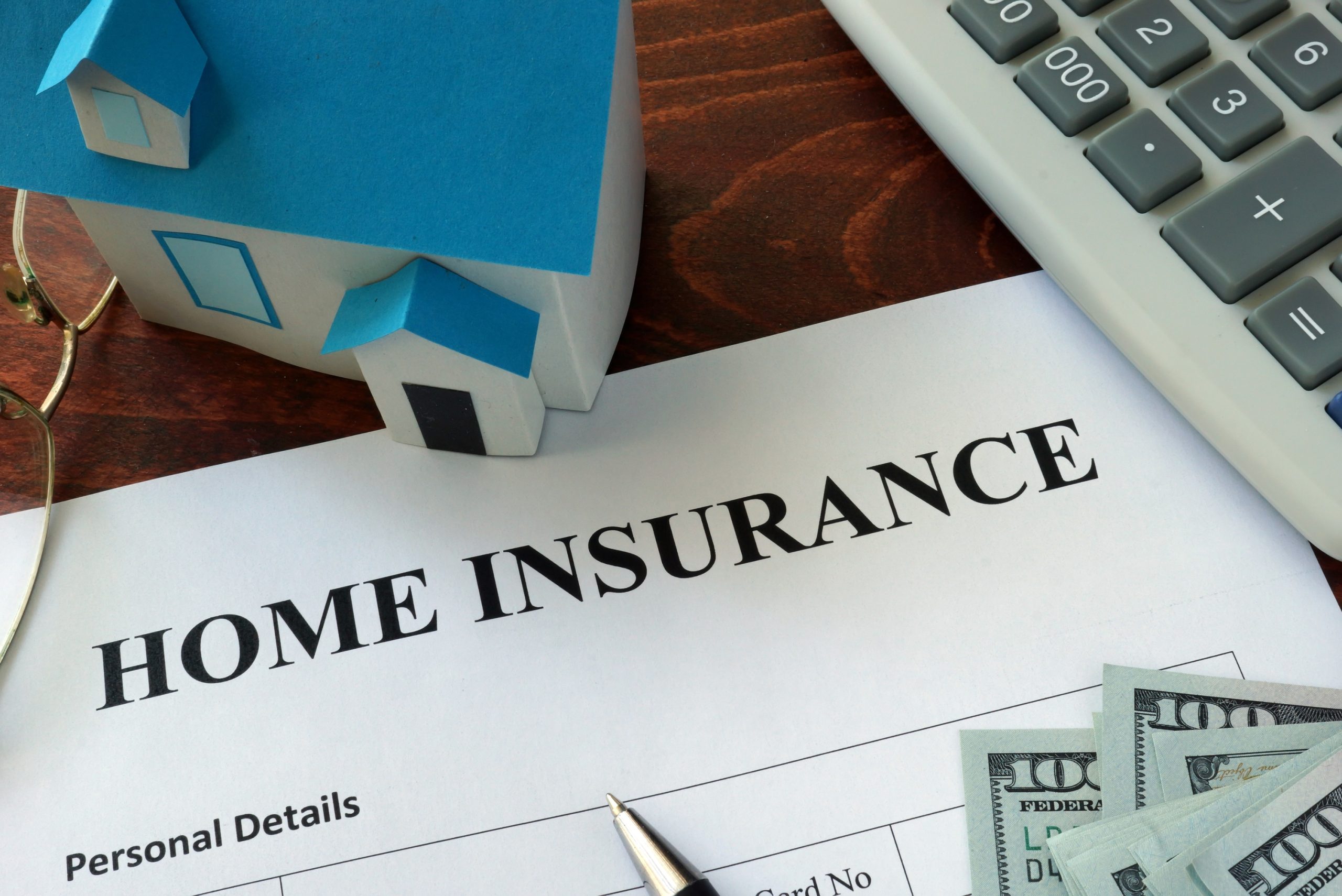
HO-8
Insuring an old home can be challenging, especially if its value is less than the money it would take to repair the home. This is where an HO-8 policy can help. Homeowners insurance companies typically provide these policies to people who own historically or architecturally significant properties as well as to those who own homes built using methods that are no longer prevalent.
An HO-8 policy provides coverage for the property, your personal belongings, medical payments, liability, and additional living expenses. However, coverage of the home and your personal property rely on a named perils system. The perils on the list include:
- Fire/smoke
- Theft and vandalism
- Explosions
- Civil disobedience/riots
- Lightning, hail, and windstorms
- Volcanic eruptions
- Damage from vehicles or aircraft
Conclusion
If you own a home or plan to buy one, getting homeowners insurance can come with peace of mind, where you know you have the required financial protection to cover possible losses to your home and belongings. If you plan to get a mortgage, there’s a possibility your lender will require homeowners insurance. In any case, make sure you look at all available options and select one based on your individual needs and requirements.
Ready To Get Started?
Fill out the form below and a mortgage professional will get back to you shortly.
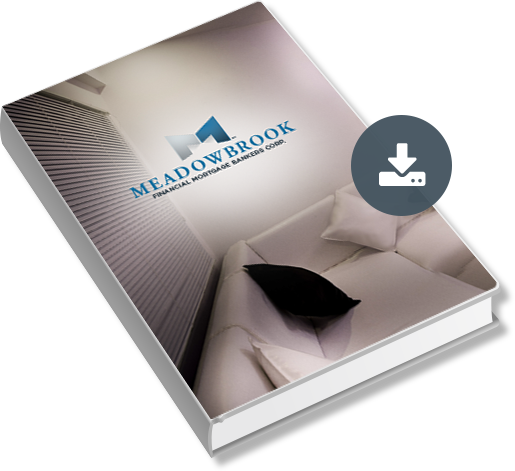
First Time Homebuyer’s Guide
Considering homeownership but not sure where to begin? The Meadowbrook Financial Mortgage Bankers Corp. guide to home buying will make the process easy all in one packet.
Recent Articles
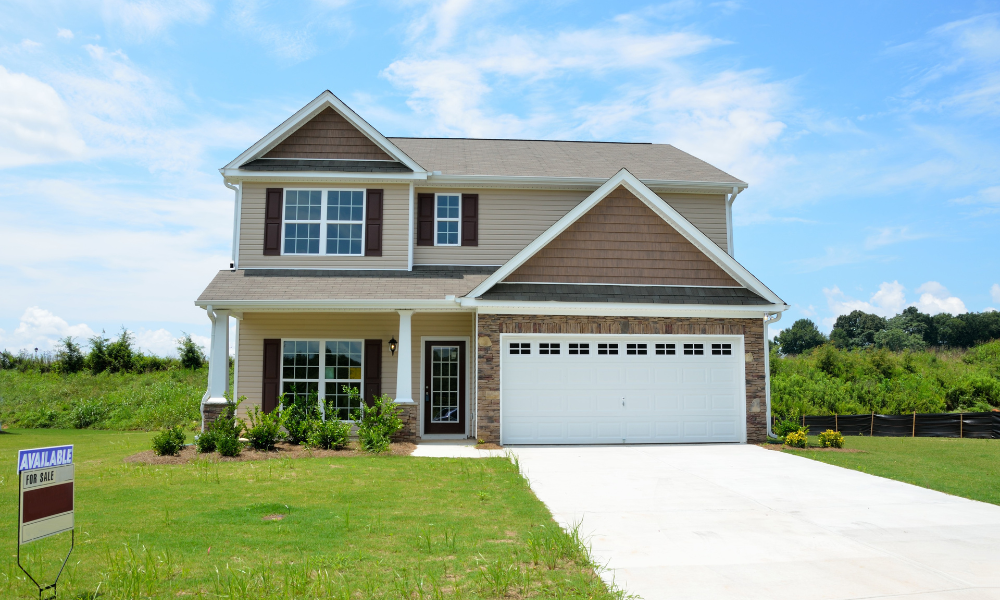
Should You Buy an Under-Construction, New Build, or…
18 June, 2025The dream of owning a home often comes with having to make an array of decisions, and perhaps none is more crucial than choosing the…

How Do Pets Influence Homebuying?
1 May, 2025Adding a furry friend to your family can bring so much joy to your life. Whether it’s a dog, cat, bunny, or other, they’re sure…
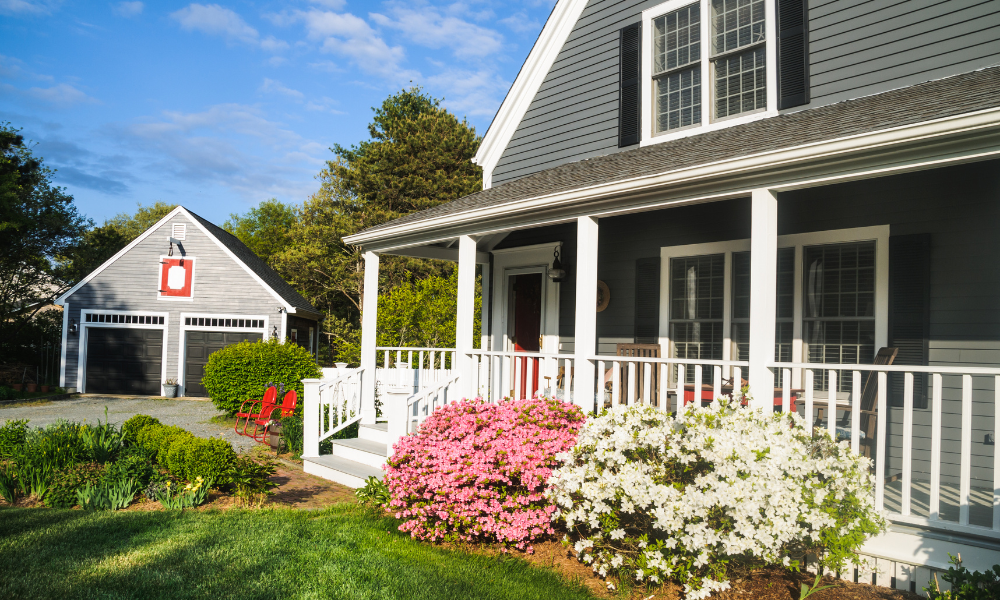
Tips to Speed Up Closing on a House
1 April, 2025When you find your dream home, you want your next chapter to begin as soon as possible! Closing on a house is certainly a process…


